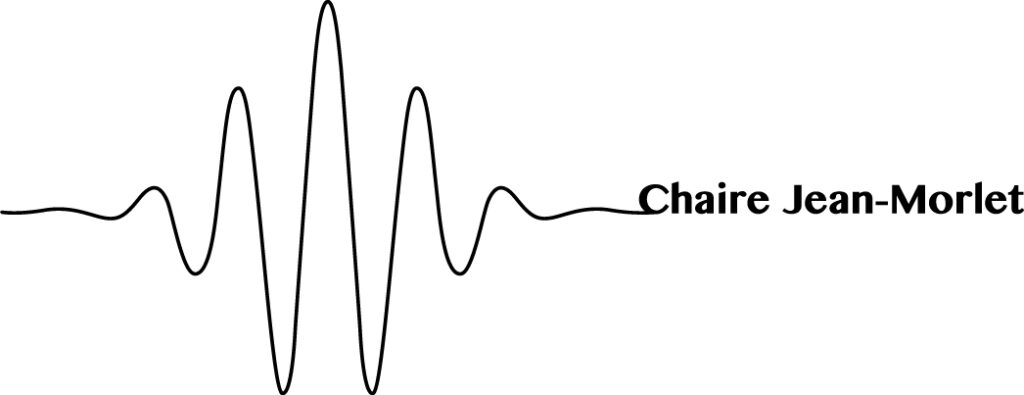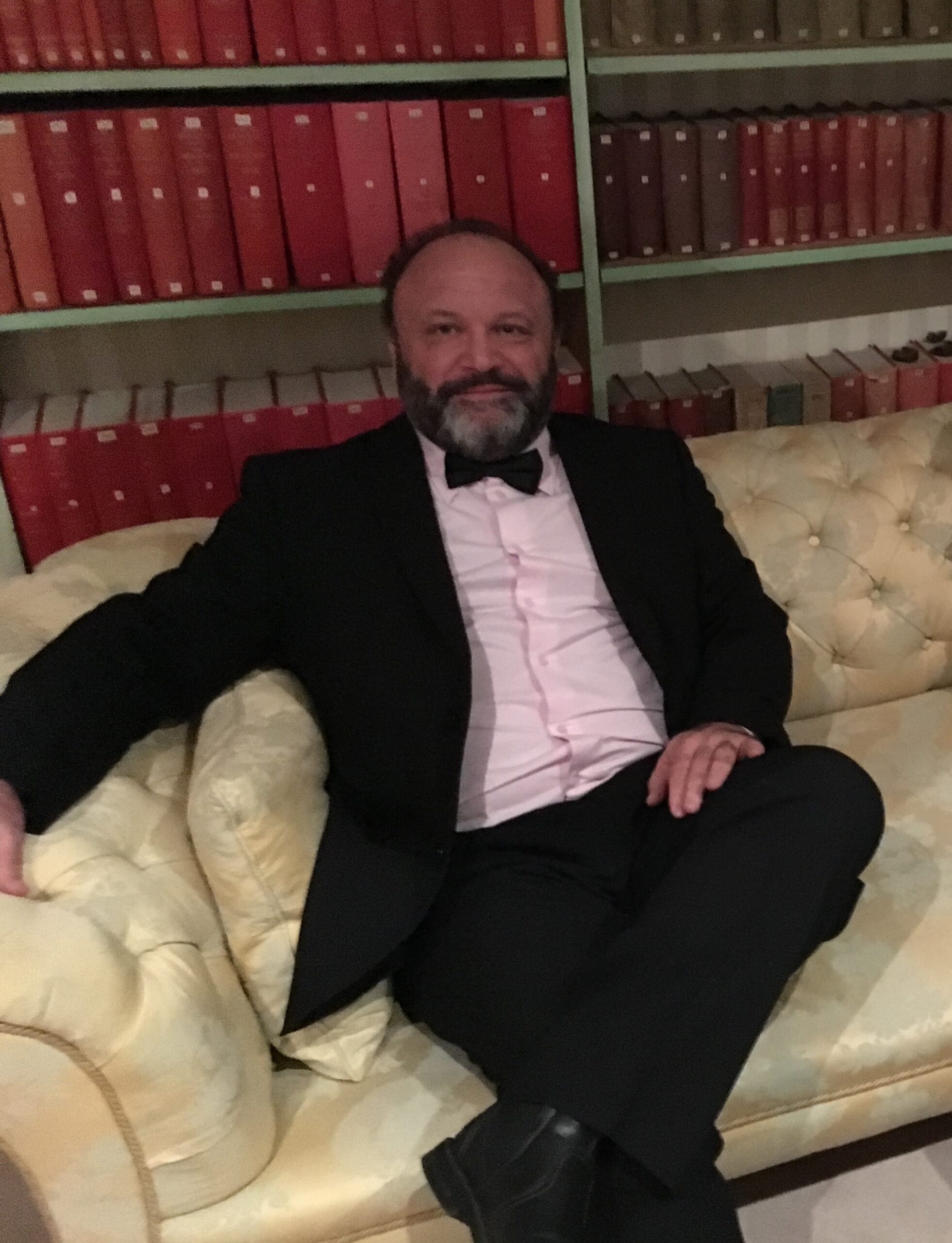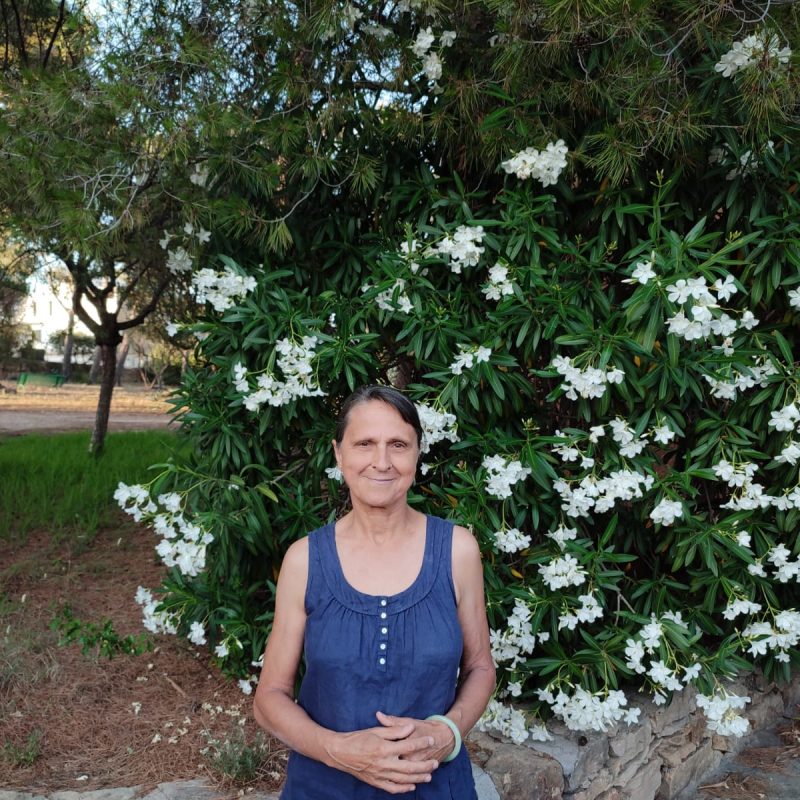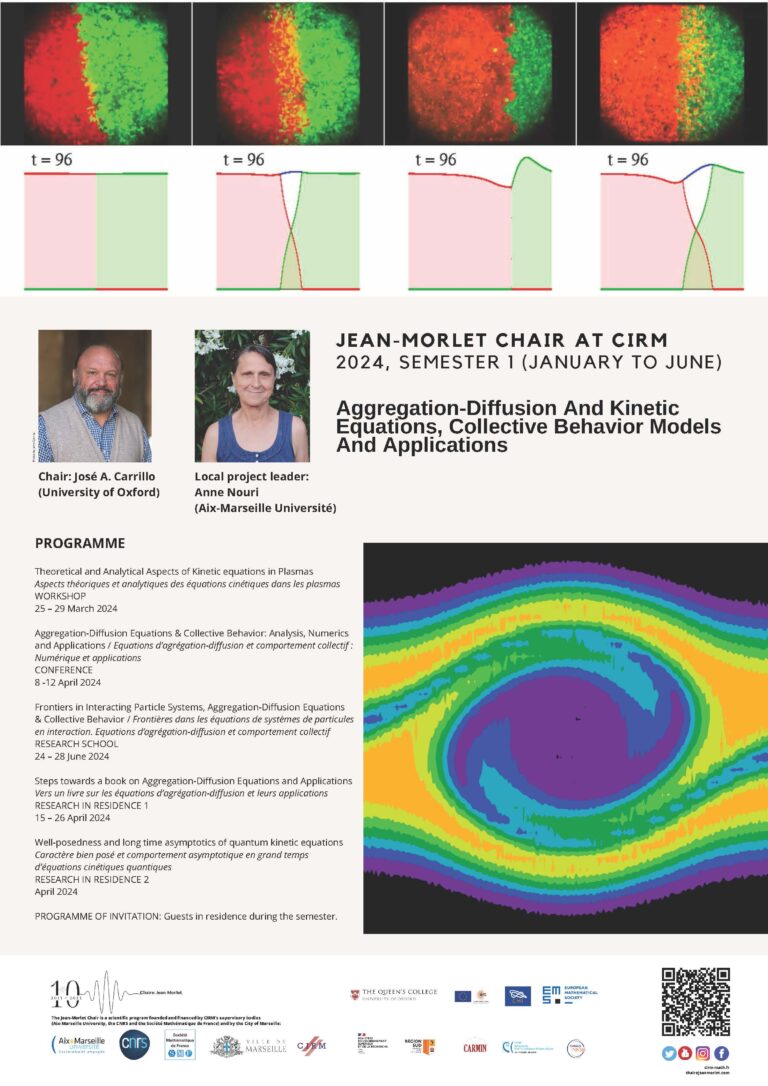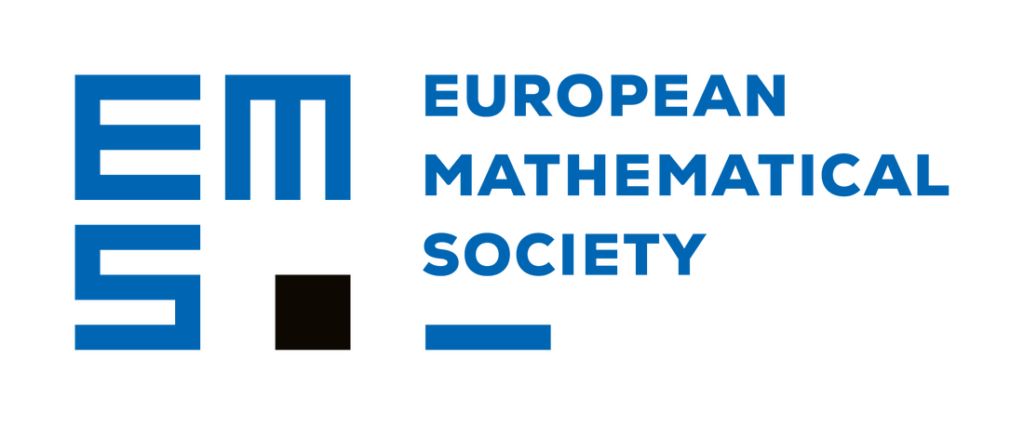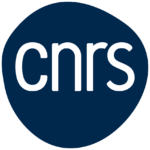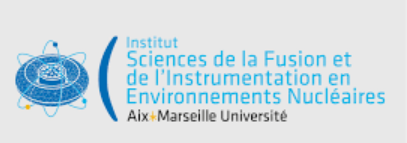2024, Semester 1
José A. CARRILLO (Chair) and Anne NOURI (Local Project Leader)
Aggregation-Diffusion and Kinetic Equations, Collective Behavior Models and Applications
Equations d’agrégation-diffusion et équations cinétiques, modèles de comportement collectif et applications.
January to June 2024
José A. Carrillo is Professor of the Analysis of Nonlinear Partial Differential Equations at the University of Oxford in England. His expertise comprises long-time asymptotics, qualitative properties and numerical schemes for nonlinear diffusion, hydrodynamic, and kinetic equations in the modelling of collective behaviour of many-body systems such as charged particles in plasmas. He is currently interested in applications in mathematical biology such as synchronization of neurons in computational neuroscience, cell movement by chemotaxis or adhesion forces, and new applications in data science.
Anne Nouri is a member of the Institut de Mathématiques de Marseille and a full position professor at the University of Aix-Marseille. Her Research work focuses on kinetic equations that appear in many areas of mathematical physics, such as plasma, rarefied gases or condensed matter.
SCIENTIFIC PROGRAM
Mean field limits and kinetic modelling have become powerful tools in applied mathematics to bridge microscopic and macroscopic descriptions of many body systems over the last 30 years. They typically involve a huge number of individuals, showing some sort of « collective behaviour », from which we want to extract average or macroscopic information. The individual behaviour of the « particles » is typically modelled via stochastic or deterministic ODEs from which one obtains mesoscopic descriptions based on kinetic type PDEs, while the average dynamics is usually described via continuum mechanics systems of hyperbolic, diffusive, or hydrodynamic type. The interplay between the long- and short-range interactions, transport and diffusion, and their nonlocal and nonlinear features are the main mathematical difficulties in understanding equilibria, stability of patterns, and their asymptotic analysis.
On the other hand, the relation between kinetic equations and nonlinear nonlocal aggregation diffusion equations appears at the level of homogeneous kinetic models and Fokker-Planck type equations in which the exchange of different methods and techniques has recently provided important advances. These nonlinear diffusion models are classical and they are natural approximations of kinetic equations in asymptotic limits. The connection to optimal transport problems has recently improved the knowledge of long-time asymptotics for nonlinear diffusion equations and interaction models. Optimal transport theory is still a developing field with a high potential in many of the problems of interest. Optimal transport, and more generally, variational calculus techniques are useful in relation not only to long-time asymptotics, but also in the design of structure preserving numerical schemes. Finally, the development of numerical schemes for both the microscopic and the kinetic level descriptions faces the curse of the high dimensionality and the intricate structure of the convolution-like operators involved.
This thematic program is devoted to foster the interaction between different communities interested in the statistical description of many-body problems and their macroscopic descriptions. Interacting particle systems, aggregation-diffusion equations, calculus of variations, kinetic theory on the theoretical side and cell population mathematical models, plasma physics problems, and data science and optimization on the applied side are areas that this Chaire Morlet will focus on during this semester.
Theoretical and Analytical Aspects of Kinetic equations in Plasmas
Aspects théoriques et analytiques des équations cinétiques dans les plasmas
25 – 29 March 2024
Aggregation-Diffusion Equations & Collective Behavior: Analysis, Numerics and Applications
Equations d’agrégation-diffusion et comportement collectif: Analyse, schémas numériques et applications
8 -12 April 2024
Frontiers in Interacting Particle Systems, Aggregation-Diffusion Equations & Collective Behavior
Frontières dans les équations de systèmes de particules en interaction. Equations d’agrégation-diffusion et comportement collectif
24 – 28 June 2024
Well-posedness and long time asymptotics of quantum kinetic equations
Caractère bien posé et comportement asymptotique en grand temps d’équations cinétiques quantiques
1 – 12 April 2024
Steps towards a book on Aggregation-Diffusion Equations and Applications
Vers un livre sur les équations d’agrégation-diffusion et leurs applications
15 – 26 April 2024
Guests in residence during the semester
Invités du semestre
SPONSORS

This Chaire Morlet semester is partially funded by the Advanced Grant Nonlocal-CPD (Nonlocal PDEs for Complex Particle Dynamics: Phase Transitions, Patterns and Synchronization) of the European Research Council Executive Agency (ERC) under the European Union’s Horizon 2020 research and innovation programme (grant agreement No. 883363).



